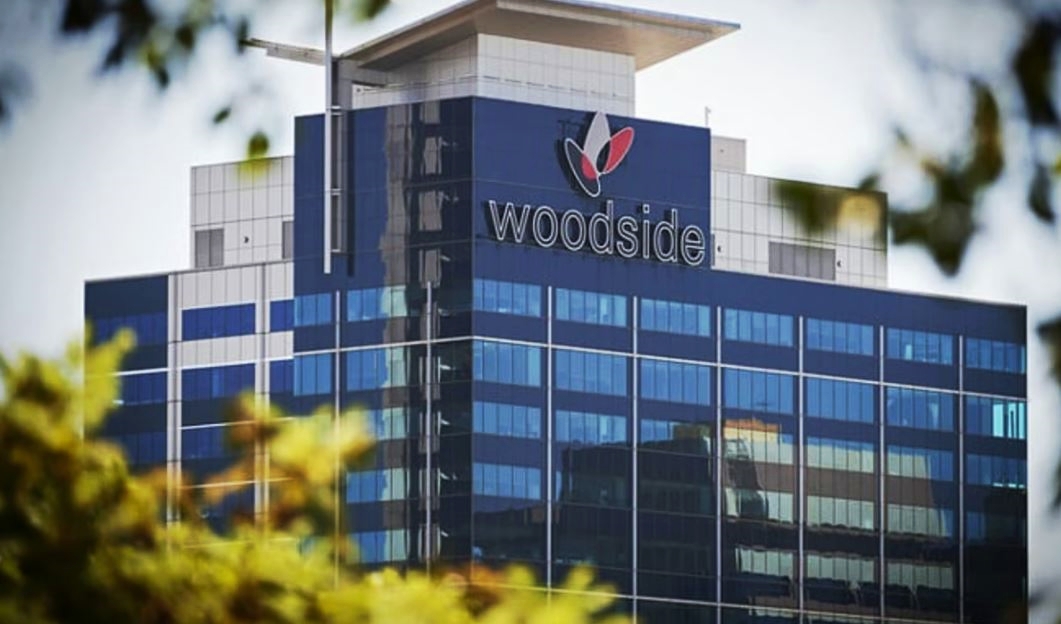Gambiaj.com – (Dakar, Senegal) – A simmering financial and legal dispute has emerged between Australian oil company Woodside Energy and its former junior partner FAR Limited, as the two firms spar over a $6 million claim tied to the landmark Sangomar oil project off the coast of Senegal. The row adds further complexity to FAR’s precarious position, already burdened by a tax litigation case with the Senegalese government.
At the heart of the latest disagreement is Woodside’s demand for $6,029,899 from FAR Ltd. The sum relates to oil expenditures allegedly linked to the sale of FAR’s participation in the Sangomar offshore development.
In 2021, FAR sold its 15% interest in the Rufisque, Sangomar, and Sangomar Deep blocks to Woodside for $166.6 million, after the latter exercised its preemption rights to block a proposed sale to India’s ONGC Videsh.
This transaction transferred FAR’s entire stake and obligations to a local affiliate, Far Senegal RSSD SA. However, Woodside is now asserting that certain oil costs incurred during or before this transition should be reimbursed by FAR—despite Senegalese authorities having ruled that such costs are not recoverable unless directly tied to exploration activities.
According to Senegal’s Ministry of Energy, Petroleum, and Mines, only exploration-related expenditures qualify as recoverable. This key distinction undermines the basis of Woodside’s claim and places FAR in a defensive legal posture.
The ministry’s clarification bolsters FAR’s position, suggesting that Woodside’s reimbursement demand may not align with Senegalese regulatory interpretations.
The dispute isn’t new. Back in January 2025, FAR publicly acknowledged a potential liability of \$6.8 million toward Woodside for similarly non-recoverable expenditures, stating that any such compensation was contingent on receiving a detailed claim from Woodside before a looming deadline—one year from the first sale of oil from the project.
To date, FAR says it has actively sought further documentation from Woodside to substantiate the latest \$6 million demand. However, key information has not been furnished, prompting FAR to formally reserve its rights under the sale and purchase agreement and to deny liability.
The matter now hinges on the interpretation of specific indemnity and compensation clauses, a legal gray zone that could lead to arbitration or litigation if unresolved.
Complicating the issue is FAR’s fragile financial condition. Its most recent quarterly filings show insufficient cash reserves to settle any significant claim. This has cast doubt over the feasibility of meeting Woodside’s 14-day payment demand.
Moreover, FAR is already embroiled in a tax dispute with the government of Senegal, which further constrains its ability to absorb unexpected financial shocks. Observers suggest this twin pressure—regulatory and commercial—could severely impact FAR’s operations and raise reputational risks for Woodside, particularly given the geopolitical sensitivity surrounding energy projects in West Africa.
This escalating dispute exposes the often opaque and contentious nature of post-sale liabilities in upstream oil deals, especially in jurisdictions where local regulatory frameworks are still maturing.
While Woodside may be acting within its interpretation of contractual rights, the lack of clarity over which costs are “recoverable” and the perceived opacity in its communication with FAR raise questions about transparency and good-faith negotiation.
Furthermore, the case highlights how resource nationalism and fiscal scrutiny are reasserting themselves in African energy politics.
Senegal’s firm stance on limiting cost recovery to exploration expenditures underscores its effort to protect sovereign revenues, particularly as the country sees success in selling over 16.9 million barrels of oil in 2024 from Sangomar and seeks to balance foreign investment with fiscal discipline.
Unless a settlement is reached soon, the disagreement could snowball into a legal standoff, with significant implications for both companies and for investor sentiment in Senegal’s nascent oil and gas sector.










